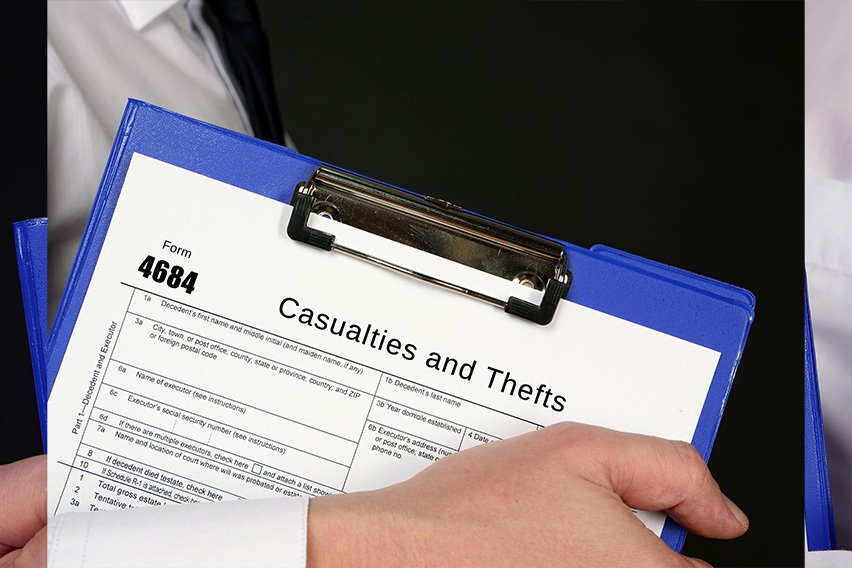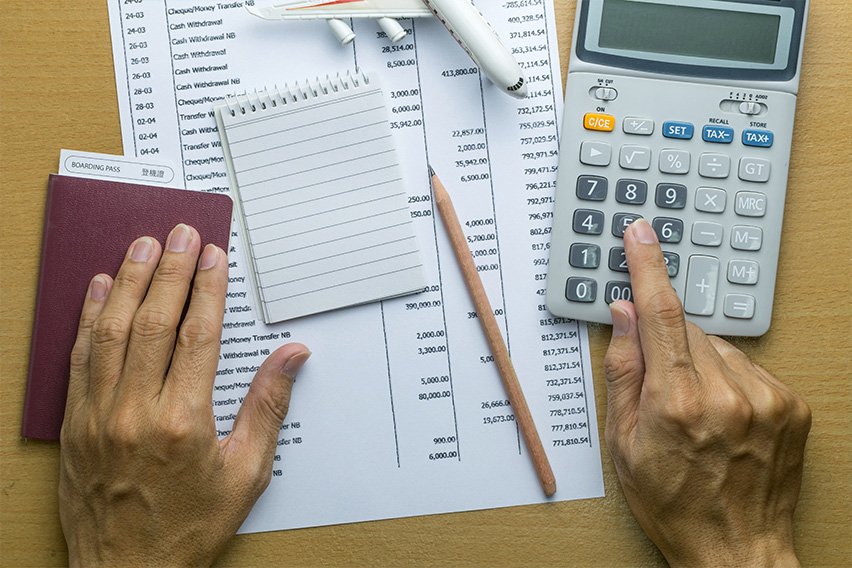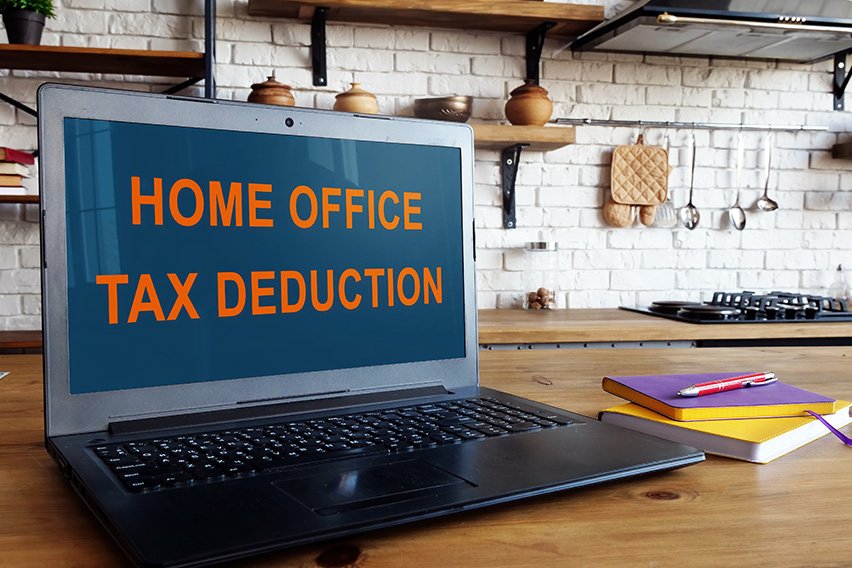How Much Can You Write Off for Meals and Entertainment?

You can write off 50% of meals for businesses as of January 1, 2025 as long as the meals are not extravagant, an employee and the client are present, and business was discussed. However, entertainment expenses, such as sporting events or non-work related outings, no longer qualify.
Here’s What We’ll Cover
How Much of Meals and Entertainment Are Deductible?
Can You Write off Alcohol as a Business Expense?
Can You Write off a Gift for Clients?
How Much of Meals and Entertainment Are Deductible?
How much of an expense is tax deductible depends on what exactly the expense is and the specific situation in which the expense was incurred.

MEALS
Business meals with clients, employees, potential new customers and consultants (or anyone with a relationship to the business) may qualify for a 50% tax deduction. This deduction also applies to employees of a company who are travelling.
Meals provided for the convenience of the employer, such as a cafeteria that the employer has staffed and supplied with food are 50% deductible as well (this is down from 100% in 2017 and will further reduce to 0% in 2025).
If the employer pays and provides food to the public for free, say at a street fair, then that is 100% fully deductible.
MEAL DEDUCTION GUIDELINES
Here is the how the IRS looks at a meal expense, to determine if it qualifies for a tax deduction:
- Expense Cannot Be Lavish or Extravagant
Perhaps you run a high-end catering business for the city’s rich and famous. Regardless of your industry, the meal cannot be ridiculously expensive. You don’t want to pay for a bunch of high costs meals and find out at the end of the year that they don’t qualify for a tax break. If you’re standing on the sidewalk looking through the glass at the restaurant menu, and asking yourself this question, maybe you should consider another place to take your clients.
- Yourself or an Employee Must Be Present
This means you cannot state to a client “go get a meal, on me, and keep the receipt”. A representative from your company has to be there for the actual meal.
- Expense Cannot Be for a Personal Meal
You cannot take your family out to a local restaurant and then claim the deduction (even if you own the business). Going out for dinner by yourself is also non-deductible, unless you are travelling for a legitimate business purpose. The meal must be with an employee of the company or somebody who has a relationship with your business, such as a client.
Incidentally, transportation to and from the restaurant is still considered 100% tax deductible and you can include those costs in your expenses when doing your year-end accounting.
ENTERTAINMENT
Before the tax reform, entertainment expenses, such as tickets to a sporting venue or theatre, used to be 50% tax deductible. Now they no longer qualify. Same with tickets to charitable events.
There is some good news here though, expenses for holiday parties or other typical employee outings are still 100% tax deductible.
ENTERTAINMENT EVENTS THAT INCLUDE MEALS
Here’s where you need to be careful as meals are often consumed at special events. What does the IRS consider tax deductible?
Let’s say you live in Los Angeles and you take some priority clients out to a game at Dodger Stadium. You pay quite a bit of money to get seats down by home plate, but this is a once a year event and you want to show your clients you value them. After the first inning, you head up to a restaurant in the stadium and have some lunch with the clients. You discuss some business during the course of the conversation, and when done, you pick up the tab. You return to the game. A couple of hours later, you buy some hotdogs and drinks for everybody at a food stand and get a receipt.
So, which of the expenses you just incurred are tax deductible? Tax deductions are permitted for the food and drink in the restaurant and from the stand, but not for the tickets to the game. This is because meals purchased separately from the event qualify for the deduction. They are not considered ‘entertainment’, they are considered ‘meals’.
Let’s try another scenario. You take the clients and their spouses out to a nightclub, including renting out a special room for a meal about halfway through the evening. No work is discussed, nor was that the intent. It’s just a night out. Nothing in this scenario is allowed to be expensed.

Can You Write off Alcohol as a Business Expense?
Yes, you can. As long as you are following the same rules as outlined above, then alcohol also qualifies for the 50% tax deduction. For instance, if you have an office party and management spends $5,000 on wine – that could qualify. I use the word ‘could’ here because you want to consider whether this expense also qualifies as ‘lavish or extravagant’. If we’re talking 12 bottles of wine here, you may have a problem. However, if this is a huge gathering with hundreds of people, then $5,000 for 50 bottles of wine may not seem like so much. In this scenario, you would most likely come out OK on an IRS audit.
Can You Write off a Gift for Clients?
Yes, you can write off a gift for your clients. The IRS allows for a $25.00 tax deduction for every person you send a gift to. This only applies once, per person, during your tax year. This means if you buy two gifts for the same person in a year, you can only deduct $25.00 once when doing the company’s taxes. This deduction also applies to employees.
There’s also something else to consider here. You cannot take a client to an event, such as a football game, and count that as a ‘gift’. That is an ‘entertainment expense’ and must be counted as such, meaning no deduction.
RELATED ARTICLES

 How to Keep Track of Business Expenses in 8 Steps (2025 Guide)
How to Keep Track of Business Expenses in 8 Steps (2025 Guide) Can You Write-off Theft on Taxes? Not Anymore.
Can You Write-off Theft on Taxes? Not Anymore. Tax Deductions for Hobby Business: How Much Can I Deduct?
Tax Deductions for Hobby Business: How Much Can I Deduct? Travel Expense Deductions 101
Travel Expense Deductions 101 Miscellaneous Expenses: Definition, Deductible Expenses and Examples
Miscellaneous Expenses: Definition, Deductible Expenses and Examples Tax Deductions for Home Office: A Guide for Small Businesses
Tax Deductions for Home Office: A Guide for Small Businesses